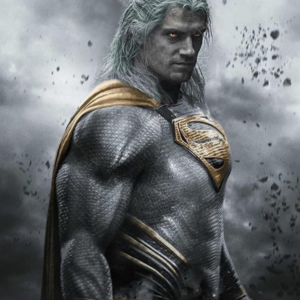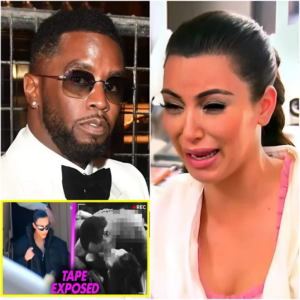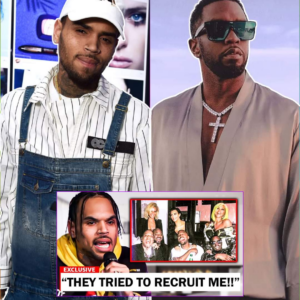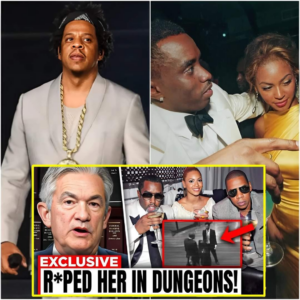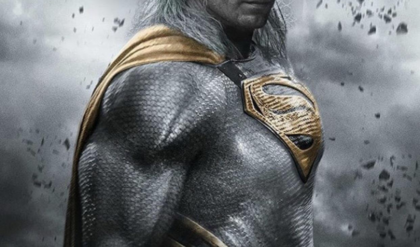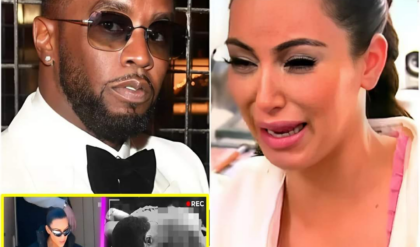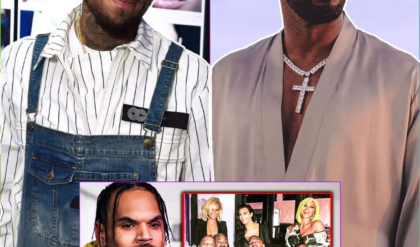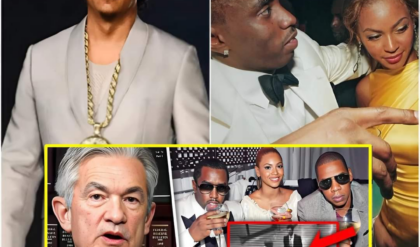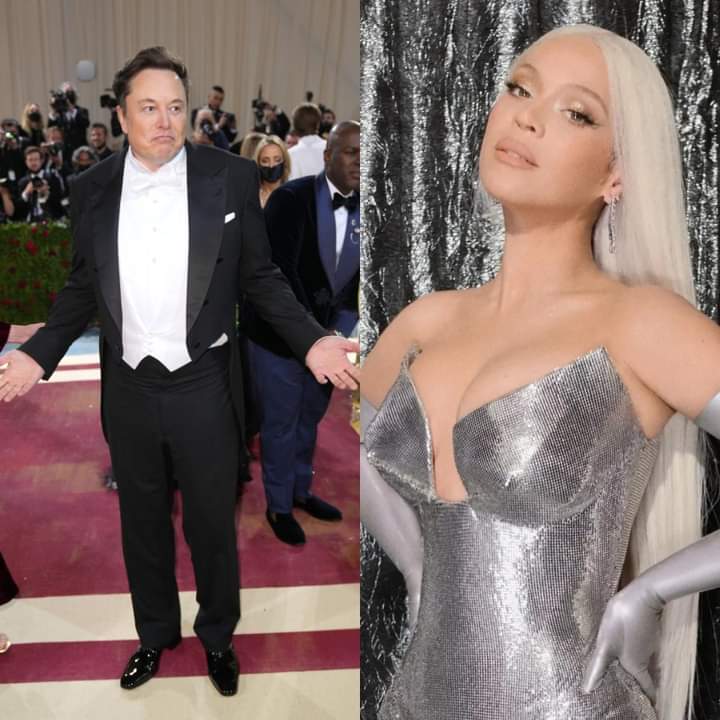
In an unexpected and polarizing confrontation, tech mogul Elon Musk and music legend Beyoncé have found themselves at odds over the boundaries of artistic expression and genre authenticity. The clash emerged after Beyoncé released her new country album, “Cowboy Carter,” prompting Musk to suggest she should be fined for “impersonating a country artist.”
The Controversial Launch of “Cowboy Carter”
Beyoncé’s “Cowboy Carter” represents a significant departure from her typical musical style, diving into the world of country music. The album’s release has been met with a mix of excitement and skepticism, with fans and critics alike debating the merits of her genre shift. Known for her versatility and willingness to explore different musical landscapes, Beyoncé’s venture into country music underscores her artistic ambition.
Elon Musk’s Provocative Comments
Elon Musk, never one to shy away from controversy, took to social media to voice his disapproval. Musk’s assertion that Beyoncé should face fines for impersonation sparked a heated debate about the nature of artistic authenticity and the freedom to explore new genres. His comments reflect a broader discourse on the limits of creative license and the role of influential figures in shaping public opinion.
Public Reaction and Debate
The public reaction to Musk’s comments has been divided. Supporters of Musk argue that artistic authenticity should be preserved and that Beyoncé’s foray into country music may lack the genuine connection required to respect the genre’s roots. Critics of Musk, however, contend that his remarks are restrictive and fail to appreciate the fluidity and evolving nature of musical expression.
Beyoncé’s Response
In response to the controversy, Beyoncé has emphasized her dedication to artistic exploration and her passion for blending diverse musical influences. Through her representatives, she issued a statement underscoring her commitment to pushing creative boundaries and connecting with audiences in innovative ways. Beyoncé’s stance highlights her belief in the importance of artistic freedom and experimentation.
Broader Implications for the Music Industry
This clash between Musk and Beyoncé brings to the forefront broader issues within the music industry, such as cultural appropriation and the evolution of genre boundaries. It raises critical questions about who has the authority to define musical genres and the responsibilities artists hold when venturing into new territories. The incident also reflects the growing intersection between technology, culture, and entertainment, demonstrating how influential figures can shape and challenge public norms.
Support and Criticism
Supporters of Beyoncé have praised her courage to challenge traditional expectations and explore new artistic challenges. They argue that creativity should not be constrained by rigid genre classifications and that artists must have the freedom to evolve. Conversely, critics question the authenticity of Beyoncé’s country music endeavor and suggest that it may be driven more by commercial interests than a genuine connection to the genre’s cultural roots.
Conclusion
The ongoing debate between Elon Musk and Beyoncé serves as a poignant reminder of the complex relationship between technology, culture, and creativity. It underscores the power of influential voices in shaping public discourse and the necessity of respectful dialogue in navigating the ever-changing landscape of art and entertainment. As the conversation continues, this clash invites reflection on the role of technology in the future of music and the responsibilities of those who wield cultural influence.
News
Henry Cavill’s Witcher & Superman Replacement Already Avoided The Mistake That Killed The Original Franchise – S
Henry Cavill already has a replacement for The Witcher and Superman thanks to his role in the Highlander reboot, and this is already avoiding the mistake that killed the original franchise. Henry Cavill is one of the most popular action stars thanks to his roles in movies…
Goodbye DC and Superman, Henry Cavill reveals his favorite role if he joins MCU – S
Henry Cavill has expressed his favorite role if he has the opportunity to collaborate with Marvel Studios. Henry Cavill has officially said goodbye to the role of Superman after the DCEU ends at the end of 2023 to open a…
Kim Kardashian Goes Into Hiding After Freak0ff Video Of Her And Diddy Gets Leaked Ok, so things just got a whole lot messier for Diddy. The world witnessed him in his true form as a video of him putting his hands on Cassie made rounds on the internet. – S
It made a lot of folks hella uncomfortable. But as Diddy’s future started to look grim, he thought of a strategy. What’s worse than Diddy being exposed for his crimes? Fans discovering names of beloved celebrities who knew about…
Chris Brown LEAKS The List Of Major Names INVOLVED in Diddy’s Ab*se! | DIDDY IS DONE! – S
**Diddy’s Troubles: Allegations and Revelations** Sean “Diddy” Combs, the music mogul behind Bad Boy Records, finds himself embroiled in a storm of controversies and allegations that threaten to tarnish his reputation irreparably. The latest revelations, sparked by comments from…
HOT NEWS: The Feds LEAK New EVIDENCE of Jay Z P!MPING Beyonce To Diddy?!? – S
The Feds LEAK New EVIDENCE of Jay Z P!MPING Beyonce To Diddy?!? Amidst the swirling vortex of celebrity gossip and scandal, a bombshell revelation has sent shockwaves rippling through the entertainment industry. The latest development involves none…
Kanye Leaks Footage Of Drake Getting Clapped By Lucian Grainge – S
Kanye Leaks Footage Of Drake Getting Clapped By Lucian Grainge Girl, Kanye is back at exp0sing shady celebs, and y’all know that whenever Drake spills the tea, he ALWAYS comes correct with the tea. He has a track history…
End of content
No more pages to load
